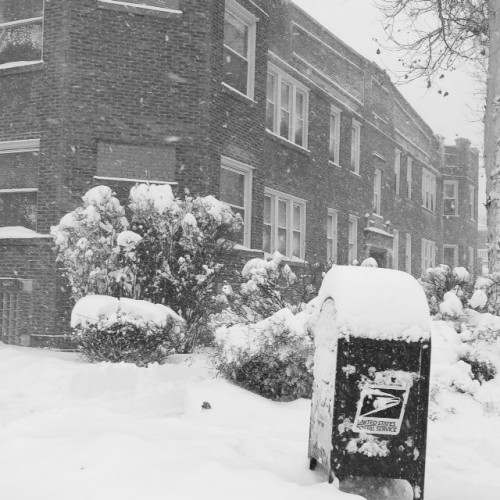Move the snow first, and worry about the cost later, Massachusetts’ new governor, Charlie Baker, declared this week.
But the record snowstorms have already claimed one casualty: Beverly Scott, the head of the Massachusetts Bay Transportation Authority, who stepped down on Wednesday.
And, there is going to be a gigantic bill that comes due once all that snow melts. The Boston Herald reports that Massachusetts expects to pay at least $50 million more than usual this year to get rid of record snowfalls.
In just the past two weeks, parts of Massachusetts were buried in between 60 to 70 inches of snow (that’s between five and six feet). The governor says state snow plows have moved enough snow to fill Gillette Stadium, home of the New England Patriots, two times.
They aren’t dumping snow there yet, but Massachusetts cities are examining all their options for getting rid of it. Some are melting it. Others, like Boston, are dumping it in waterways — always a risky proposition, since you don’t know what’s mixed in with snow.
Chicago is used to big snowfalls, but citizens still get antsy wanting to know when their streets will be plowed. The city has a snow plow tracker activated during “major snow events” like the storm that took place at the beginning of February. So far, Chicago has dealt with 36.4 inches.
Before the blizzards of 2015, it was clear that snow can take a heavy toll. Snow was responsible for 15 percent of all auto, home and business insurance claims in 2014, according to the Insurance Information Institute.
The airlines are particularly hard hit. It costs them $6,000 to cancel each flight, according to masFlight. And that doesn’t include the cost to travelers, who have to change their plans. Still, airlines are pro-actively canceling flights these days rather than risk stranding planes and crew, and risk costly fines from the government.
In all, last year’s winter disasters cost the economy $3.7 billion, according to the insurance institute. There’s cold comfort in the fact that snow isn’t the costliest weather in terms of damage. That honor belongs to thunderstorms, which cost $17 billion in losses last year.











